
At KeepDoggieSafe.com, we try very hard to find products to keep your dog safe. However, safety starts at home, here's a list of items to consider to keep your home pet-safe.
BEING AWARE IS THE FIRST STEP
The easiest way to keep a pet healthy and safe is to think of them as the most curious of children. Err on the side of safety!
OUTSIDE HAZARDS
Antifreeze that contains ethylene glycol has a sweet taste that attracts animals but is deadly if consumed in even small quantities; one teaspoon can kill a seven-pound cat. The HSUS recommends pet owners use a safe antifreeze in their vehicles. Look for antifreeze that contains propylene glycol, which is safe for animals if ingested in small amounts. Ethylene glycol can also be found in common household products like snow globes, so be sure to keep these things out the reach of animals.
Cocoa mulch contains ingredients that can be deadly to pets if ingested. The mulch, sold in garden supply stores, has a chocolate scent that is appetizing to some animals. Chemicals used on lawns and gardens, such as fertilizer and plant food, can be easily accessible and fatal to a pet allowed in the yard unsupervised.
De-icing salts used to melt snow and ice are paw irritants that can be poisonous if licked off. Paws should be washed and dried as soon as the animal comes in from the snow. Ice melt on driveways and stairs can easily become stuck to paws and fur. When an animal cleans itself, ingesting the chemicals in the ice melt, there can be harmful reactions including skin irritations, seizures, and even death. Other options include doggie boots with Velcro straps to protect Fido's feet, and making cats indoor pets.
Cans and garbage can pose a danger when cats or smaller dogs attempt to lick food from a disposed can, sometimes getting their head caught inside the can. To be sure this doesn't happen, squeeze the open end of the can closed before disposing.
Traps and poisons. Pest control companies frequently use glue traps, live traps and poisons to kill rodents. Even if you would never use such methods to eliminate rodents, your neighbor might. Dogs and cats can be poisoned if they eat a rodent who has been killed by poison (called secondary poisoning). Snail poising can be extremely deadly
TROUBLE ON THE INSIDE
Cedar and other soft wood shavings, including pine, emit fumes that may be dangerous to small mammals like hamsters and gerbils.
Insect control products, such as the insecticides used in many over-the-counter flea and tick remedies,may be toxic to companion animals. Prescription flea and tick control products are much safer and more effective. Pet owners should never use any product without first consulting a veterinarian.
Laundry detergents and fabric softener sheets can smell sweet and intrigue a curious pet. If ingested, these can cause digestive problems, irritation of the mouth and tongue, and even death. Never put a fabric softener sheet in a pet’s bed or kennel to make it smell fresher.
Human medications such as pain killers (including aspirin, acetaminophen, and ibuprofen), cold medicines, anti-cancer drugs, anti-depressants, vitamins, and diet pills can all be toxic to animals. Keep medication containers and tubes of ointments and creams away from pets who could chew through them, and be vigilant about finding and disposing of any dropped pills.
Mouthwash contains boric acid, which can be extremely harmful to your pet. Never rinse your pet’s mouth with an antiseptic intended for humans. And keep the liquid out of reach as the smell can attract dogs and cats.
Poisonous household plants include azalea, dieffenbachia (dumb cane), lilies, mistletoe, and philodendron, among others.
String, yarn, rubber bands, and even dental floss are easy to swallow and can cause intestinal blockages or strangulation.
Toys with movable parts—like squeaky toys or stuffed animals with plastic eyes—can pose a choking hazard to animals. Take the same precautions with pets as you would with a small child.
Rawhide dog chews may be contaminated with Salmonella, which can infect pets and humans who come in contact with the chews. These kinds of chews should be offered to a pet only with supervision, as they can pose a choking hazard as well.
Holiday decorations and lights pose a risk to cats and dogs. Keep these items out of the reach of animals, and if possible, confine your pet to an un-decorated area while you are out of the home.
Kitchen Dangers
Chocolate is poisonous to dogs, cats, and ferrets.
Fumes from nonstick cooking surfaces and self-cleaning ovens can be deadly to birds. Always be cautious when using any pump or aerosol spray around birds.
Leftovers such as chicken bones easily shatter and can choke a cat or dog. Other human foods to keep away from pets include onions and onion powder; alcoholic beverages; yeast dough; coffee grounds and beans; salt; macadamia nuts; tomato, potato, and rhubarb leaves and stems; avocados (toxic to birds, mice, rabbits, horses, cattle, and dairy goats); grapes; and anything with mold growing on it. We recommend giving your dog an interactive toy to teach them how to retrieve treats when they are hungry and to keep them busy.



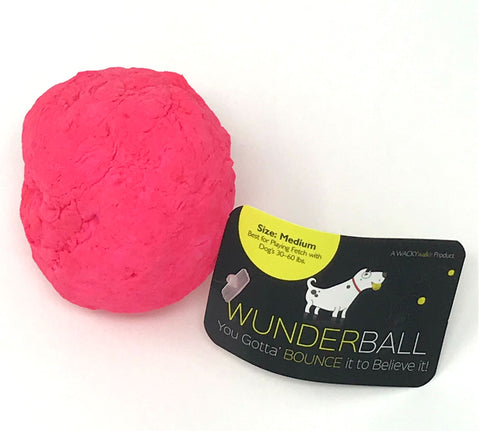
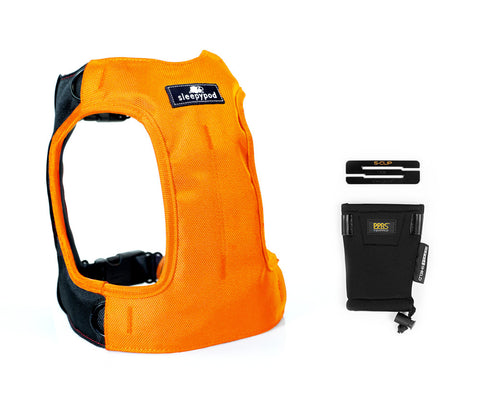
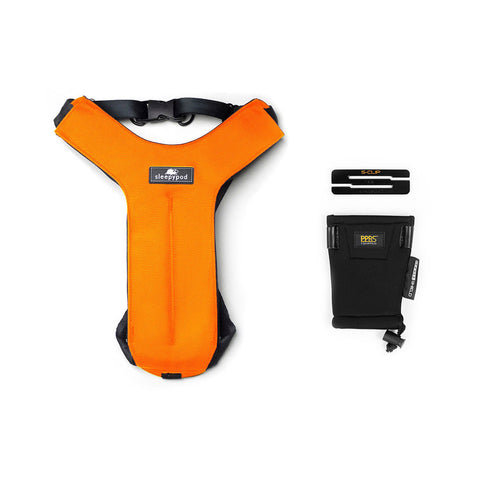
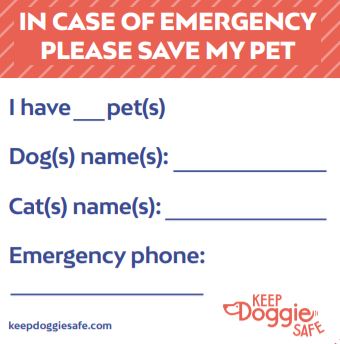
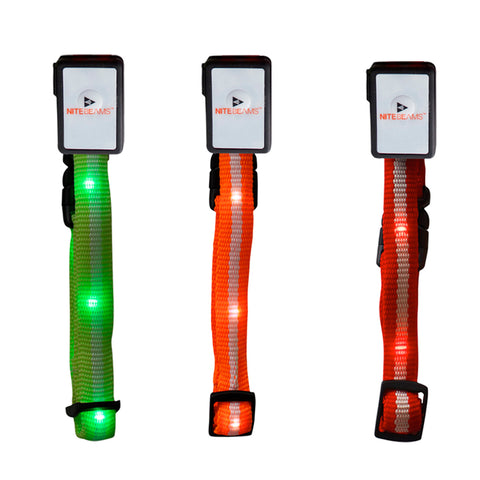
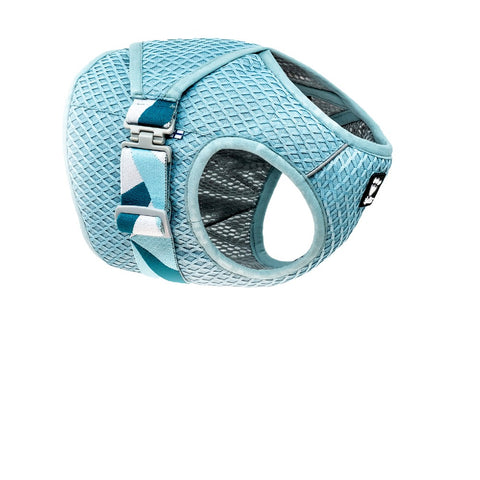










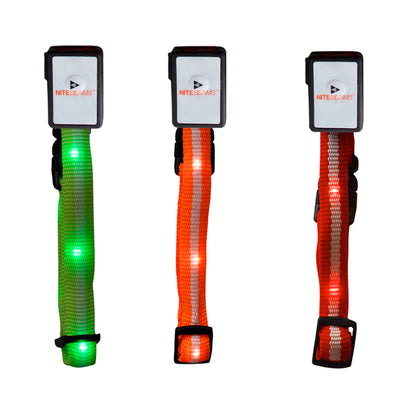
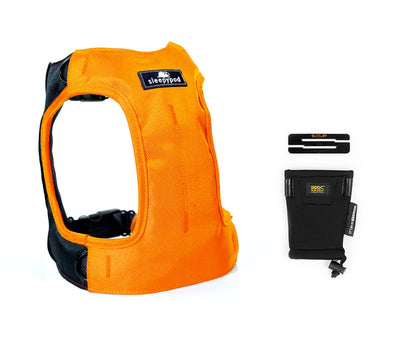
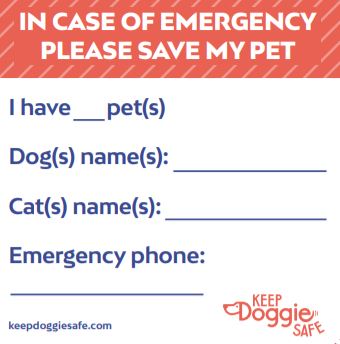
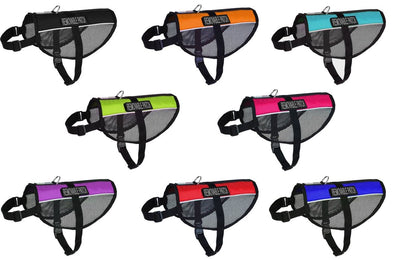
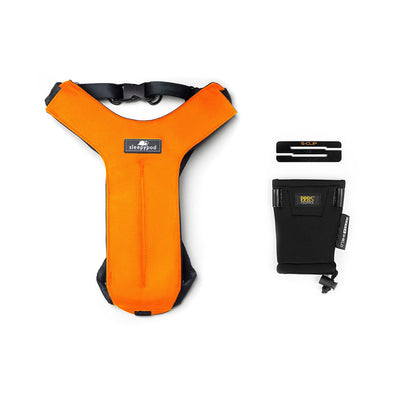
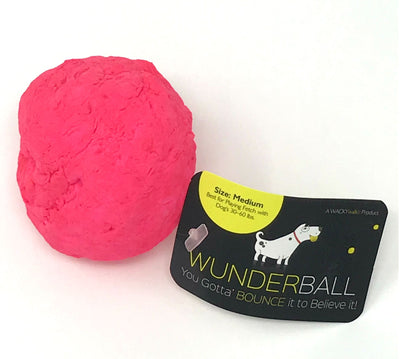
Leave a comment